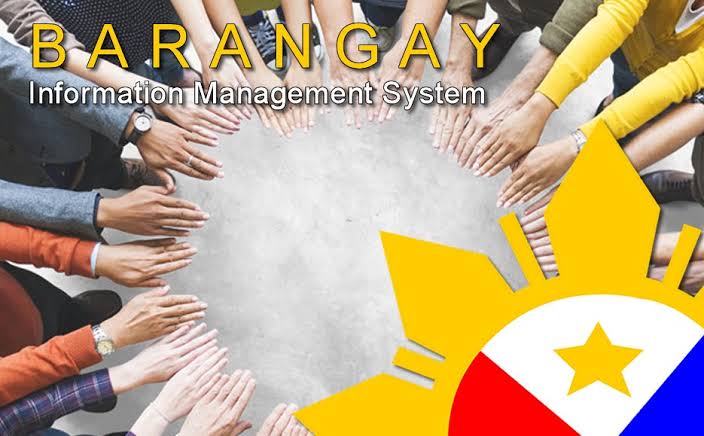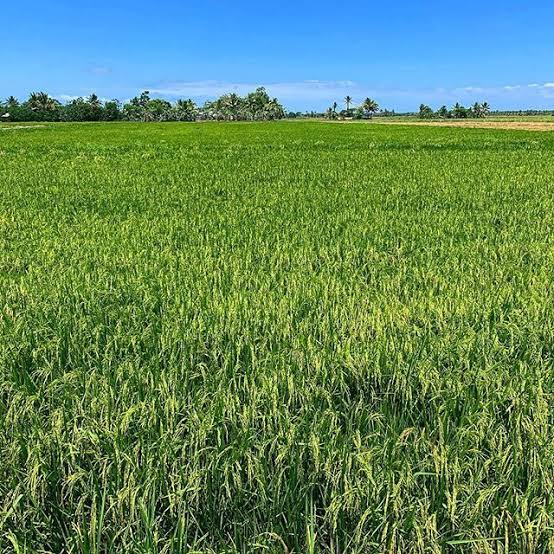Mindoro is at the forefront of a Department of Science and Technology (DOST) digitalization program in MIMAROPA region, partnering with state universities and colleges (SUCs) to drive the digital transformation of micro, small, and medium enterprises (MSMEs), boosting their efficiency and competitiveness in a fast-changing market.
Speaking at the Kapihan sa Bagong Pilipinas forum in Calapan City, DOST MIMAROPA Regional Director Ma. Josefina Abilay noted the agency’s commitment to delivering tailored digital tools to local businesses.
“We are pioneering solutions to meet the specific needs of MSMEs,” Abilay said, citing technology’s role in enhancing operational sustainability.
The program comes as the Philippines intensifies efforts to digitalize its business sector, particularly MSMEs, which account for over 99 percent of enterprises and employ more than 60 percent of the workforce, according to the Department of Trade and Industry (DTI).
With e-commerce and digital payments surging—projected to reach $150 billion in gross merchandise value by 2025, per a Google-Temasek-Bain report—the push for digital adoption is seen as critical to keeping businesses competitive.
Across MIMAROPA’s five provinces—Occidental Mindoro, Oriental Mindoro, Marinduque, Romblon, and Palawan—18 MSMEs have already adopted these innovations, developed by regional SUCs.
The tools target major operational areas such as inventory management, sales tracking, logistics, and aquaculture monitoring.
In Occidental Mindoro, the Occidental Mindoro State College (OMSC) rolled out the Inventory Processing System for Food Enterprise Sector (i-ProSES), now used by five food-related MSMEs.
The system digitizes product inventory, point-of-sale operations, and customer tracking, slashing inefficiencies and errors.
Marinduque State College (MSC) introduced the Sales and Inventory Management System (SIMS) in Marinduque, benefiting four bakeries.
SIMS tracks stock levels, sales, and customer orders, helping businesses curb losses and sharpen inventory control.
In Romblon, Romblon State University (RSU) developed the MSMEs Inventory Monitoring System (MIMS), equipped with barcode scanning, stock alerts, and real-time sales updates. Sim Construction and Trading Services and Shapes Bakeshop are among the adopters streamlining their operations with the tool.
Palawan State University (PSU) in Palawan launched the Web-based Inventory Monitoring and Logistics Management System (WIMLMS), integrating logistics tracking and real-time inventory oversight. Three MSMEs in the province have tapped the system to enhance supply chain efficiency.
Meanwhile, in Oriental Mindoro, Mindoro State University (MinSU) deployed the IoT-based Aquaculture Farm Water Quality Management System (eH2O) for four aquaculture MSMEs.
The technology monitors water temperature and salinity in real time, featuring automated alerts and a mobile app to optimize fish farming conditions.
“Some of these systems are already in use for day-to-day operations,” Abilay noted, showing their immediate impact.
She urged more MSMEs to embrace digitalization, calling it a cornerstone of business growth in today’s economy.
The country’s digitalization drive has gained momentum with projects like the DTI’s eBiznovation program and the central bank’s push for cashless transactions.
Companies such as GCash, a mobile payment platform with over 81 million users, and Shopee, a leading e-commerce player, exemplify the private sector’s role in this shift.
For MSMEs in MIMAROPA, DOST’s collaboration with SUCs offers a localized lifeline to join this digital wave.
Abilay’s call echoes a growing consensus: as global markets increasingly favor tech-savvy players, digital adoption is no longer optional for small businesses aiming to thrive.
(Photo: courtesy of Pixabay. Used for illustration purposes only)









Write Your Comment